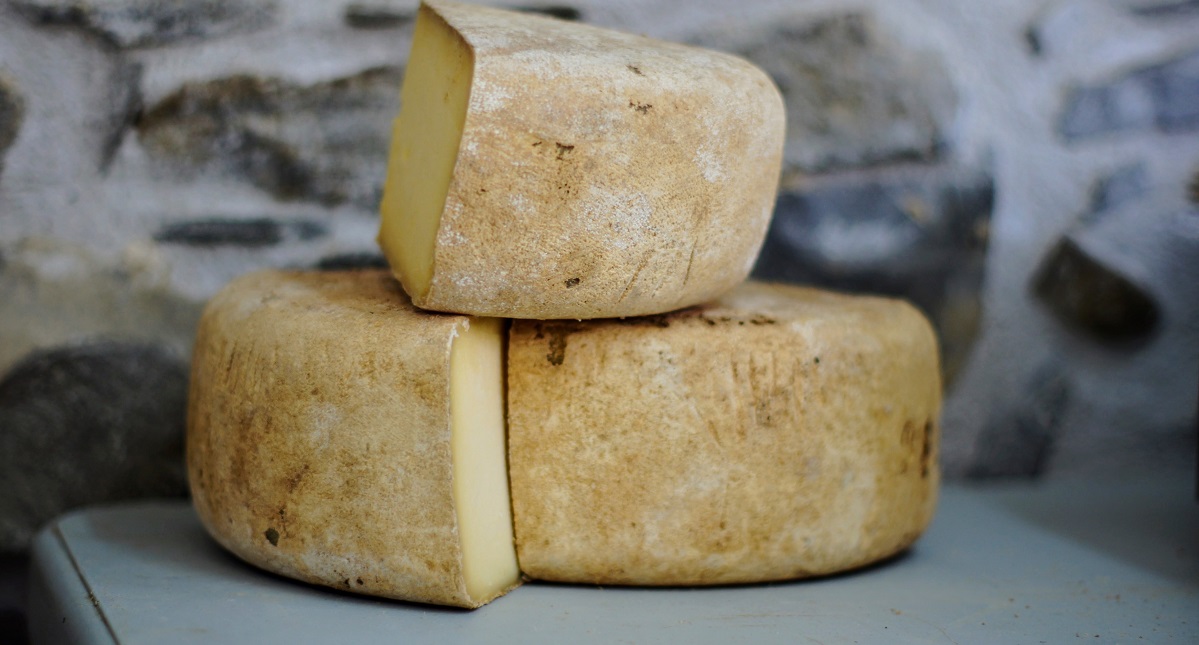Contact Us
I almost banished my beloved to the hinterland because he ate my cheese. I was fuming! The appropriate response from therapy and married retreats: “I felt _____ when you _____,” just didn’t pack enough punch for this personal attack!
In healthy communication, there is no finger pointing, but I was there! If looks could kill, I’d be collecting insurance benefits. Thanks to COVID-19, my beloved had a conference call to scurry off to … good timing on his part.
I asked myself, “Why so much anger about snatched cheese?” Anytime I have an eruption like this, it’s never about the “stolen cheese.” I knew in my heart that I needed to pay attention to what was stealing my joy.
COVID-19 has been fairly tolerable for my family, but upon reflection I had abandoned my usual ways of cultivating joy. Years ago, I learned the hard way that I must cultivate joy by intentionally engaging in activities, thoughts and practices that give me life.
I survived what my psychiatrist called a major depressive episode. During that time, my constant companions were anxiety, panic and fear. As a young mom, wife and pastor, I didn’t know about creating “margin space” for cultivating my own sense of being. Until “the crash,” I had been living my life out of an assortment of roles. I had no awareness that little joy was created in simply checking off to-do lists.
Unable to get out of bed for months, silence and solitude became my way of “being” as my family left for their day. I reflected on a question my psychiatrist raised, “Mrs. Rasmus, what do you want?” Her question left me feeling the mild panic of having lost something and not recalling what I had lost. I had no earthly idea what I wanted. I felt a sense of vulnerability and even grief.
Why was I unable to think of one freaking thing that I wanted? While ruminating on the question one day, the Spirit urged me to create a folder called, “Want To.” I kept it on my desk and put words from junk mail brochures and pictures from magazines. Daily, I’d thumb through the collection like they were puzzle pieces. What was I missing?
I started to realize that God was helping me cultivate joy in the deep hole created by depression and anxiety. I hadn’t envisioned anything to look forward to in years. I had focused on efficiency, perfection, and being a “good” wife and mother. I had neglected the things that spoke to my soul, the things that gave me joy.
Joy fades with drudgery, but blossoms in the rich soil of taking time with people, places, things and self. Normally, our five senses capture the texture and richness of life, but I was zooming past all the sensory experiences by moving from task to task. I wasn’t engaging life’s nuances that made joy possible.
Psalm 1 uses the word delight as a synonym for joy. If there can be delight in the law of God, why couldn’t I cultivate delight in people, places and experiences? I always found delight in nature. I have planted milkweed to attract caterpillars, and I have known the delight of seeing caterpillars form their chrysalis, then emerge days later as butterflies gliding over my garden. Nature helps me to stay open to seeing joy in others and in myself. God was reminding me to practice looking for delight.
Psalm 1 also recommends meditation, during which the Spirit’s expansiveness dispels my notions of controlling things, people and situations. Control is a repellant of joy; it sucks the life out of joy. In contrast, an attractor for joy is the spaciousness of love. Joy is cultivated by learning to be with people, places, and things as though I am with God.
Joy dissipates in the presence of judgment, harsh rules, anxiety, or depression — anger turned inward. Joy flourishes in the presence of freedom — knowing that God is present in all things and joy, like butterflies, can show up and transform any moment. As I relinquish my need to control outcomes and willingly stay open to the presence of God – joy is the choice I make.
My cheese incident was a wake-up alarm. I allowed COVID-19 to make my world small and my heart had followed unknowingly. I needed to choose joy over my need to control my partner’s response to cheese he thought we were sharing. A little time to reflect helped me to awaken and see that I had been cultivating have to’s, should’s, and need to’s, and these invasive thoughts had banished my joy. I apologized to my husband for my response and we reflected on our beautiful gifts of joy during this season … like sharing cheese.
Juanita Campbell Rasmus is a speaker and author of the soon to be released Learning to Be: Finding Your Center after the Bottom Falls Out, published by InterVarsity Press.
